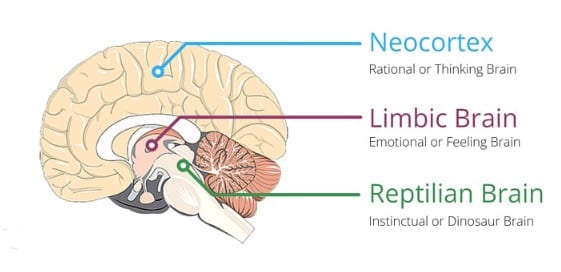
It happens that the expectations generated by knowledge should not affect the real experience of the senses, but, decidedly, they do with respect to perception and this conditions the choice. Even if they tried the adulterated one, they confirmed its bad taste. However, the situation was explained to another group before the tasting, and all preferred the beer without altering it. In the blind test (without anticipating anything) it was shown that the majority of the participants preferred the modified drink. In his research, Ariely distributed samples of two types of beers for free: one Budweiser and one altered with a few drops of balsamic vinegar. In this field, Dan Ariely, a psychologist specializing in behavioral economics, demonstrated through an experiment published in Psychological Science how knowledge can influence and alter the perception of the senses. We are not aware of what we are doing or why, but we act, and, many times, the intuition is sudden – what is called a “hunch” -: things are done without knowing why, although when the reasons are analyzed, logical reasons are found to justify a behavior.Īlso “knowledge” is a bias that can substantially alter any decision. It happens that certain areas of the cortex are activated that are related to what has been perceived or is intended to be done, although this stimulation does not reach the level of consciousness, a kind of “anchoring” or link with stereotypes or past experiences.

In fact, most of the perception of the world is completely unconscious, since we only pay attention to things that are different or surprising: we ignore the rest and, in that, the prefrontal cortex has a lot to do. Decision making is more rational or intuitive?ĭecisions are made from intuition, a concept that is nothing more than unconscious reasoning, much wiser than is often thought. In other words, they are internal processes that automate choices and make it possible to choose alternatives expeditiously and economically in terms of energy consumption. These almost automatic behaviors are called “heuristic” routines and are intended to help the person in the choices that they must make on a daily basis. Perhaps few manage to realize that when making decisions the worst obstacle or enemy to overcome is the mind itself, since a good part of our behaviors are unconscious. For this reason, the prefrontal cortex is what opens us to freedom and creativity.
Part of the brain that controls emotion full#
In reality, full maturity is not acquired until we are approaching the third decade of life, when the maturation process of the cerebral cortex ends.Īt that age we manage to postpone gratification, something that a child who wants everything in the here and now cannot do. The ability to decide is, above all, in the cerebral cortex, an area of the brain that adjusts us to the environment and has a late development in people. In both cases, it is an election that includes the option to do nothing. Human beings have autonomy to do one thing or another and to suppress what is not wanted. The origin of freedom is in the brain and this capacity is nothing more than the possibility of choosing between different actions or forms of language. The frontal lobe controls character, decision-making and reasoning, while memory, speech and sense of smell are controlled by the temporal lobe. The frontal lobe is the part of the brain that controls emotions.

Part of the brain that controls decision making. We will also talk about how the brain develops in different circumstances when making decisions. In this article, we will explain the part of the brain that controls emotions and how it develops to make decisions.


 0 kommentar(er)
0 kommentar(er)
